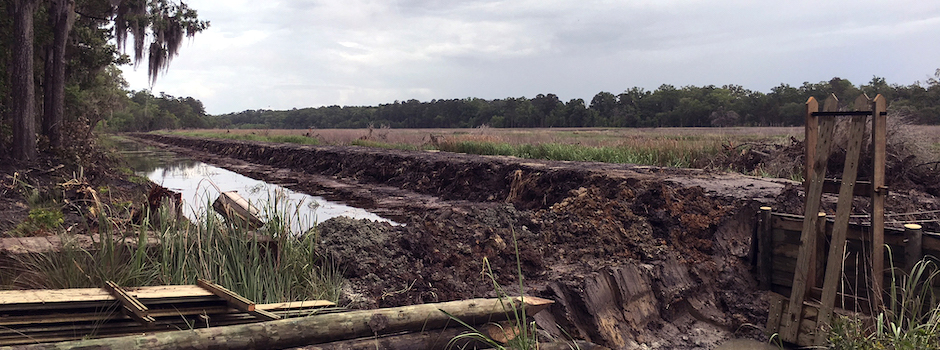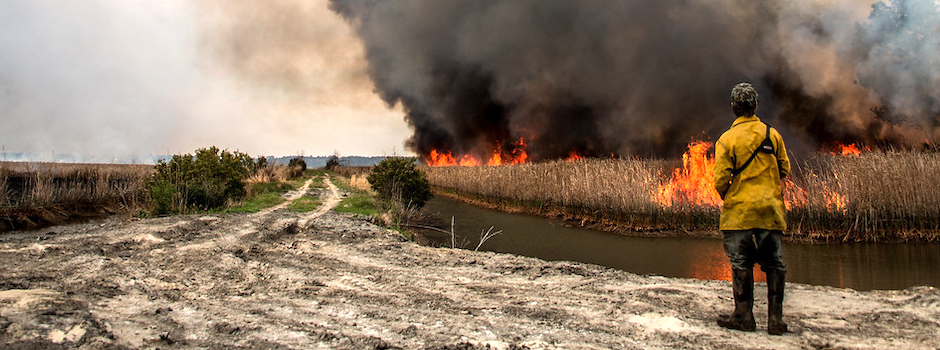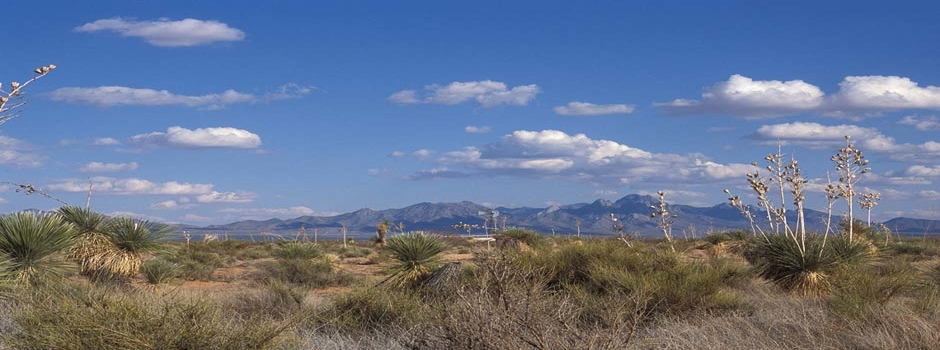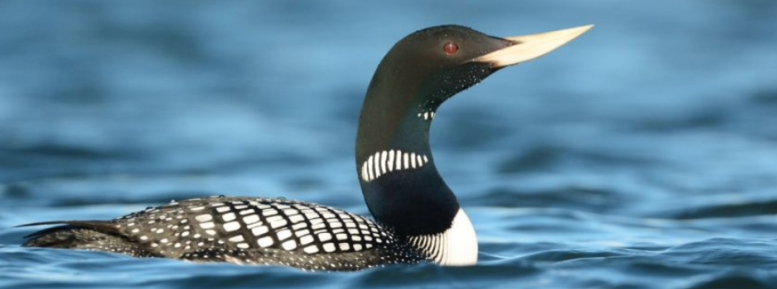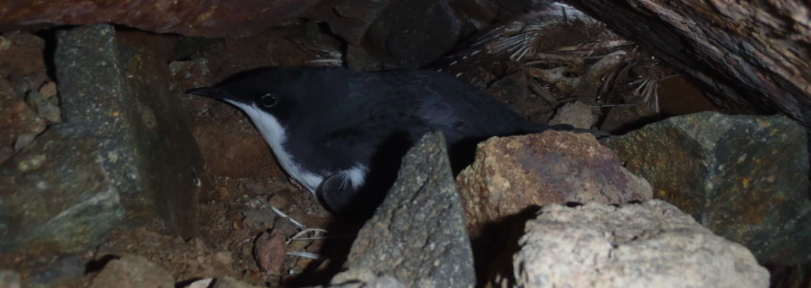Hiding deep in the marsh, inaccessible to even the most dedicated birders and researchers, Black Rails have kept much of their ecology a secret for centuries. Now the species is facing alarming declines and solutions are urgently needed to stabilize the population. Given how little is known about the species and their habitat, the Atlantic Coast Joint Venture (ACJV) Black Rail Working Group determined that the most efficient path forward is to develop and test an array of pilot-scale management projects throughout the ACJV and evaluate them through the lens of an Adaptive Management Framework.
Projects will include a diversity of management actions identified by experts as having strong potential for creating suitable habitat. These projects should be implemented in landscapes with high potential for attracting Black Rails via expansion of occupied habitat or through creation of new habitat in areas that have supported the species in recent history and should again if conditions are restored. Examples of priority actions include: managing water levels in impounded landscapes to facilitate habitat maintenance and development, creating artificial inland wetlands through managed sheet flow, adjusting burn intervals to maintain appropriate vegetation across the landscape, and controlling Phragmites in marsh migration zones. These small-scale pilot projects will allow us to learn more quickly about which practices are most effective before deploying them across a larger scale.
In South Carolina, funding through the U.S. Fish & Wildlife’s Charleston Ecological Field Services Coastal Program enabled construction of two new cross dikes and installation of a rice trunk to control water levels in known Black Rail habitat on Nemours Plantation, a private plantation dedicated to wildlife management, research, and education. A similar project is being conducted at the nearby ACE Basin National Wildlife Refuge with Charleston Ecological Services staff, refuge staff, and South Carolina Department of Natural Resources personnel. Two other projects are being explored on a State Wildlife Management Area and another private plantation in the lowcountry of South Carolina.
In eastern Maryland, a large group of State, Federal, and NGO partners are exploring a suite of potential projects. This year, Blackwater National Wildlife Refuge will be experimenting with earlier drawdowns of water in managed wetlands as well as altered burning and mowing regimes to facilitate more herbaceous vegetation.
Members of the ACJV BLRA Working Group are exploring additional projects in New Jersey and North Carolina and are actively seeking new partners and projects to help us facilitate the learning process and better manage for this vulnerable species.
Read about other Atlantic Coast JV projects in their 2018 Annual Report.



